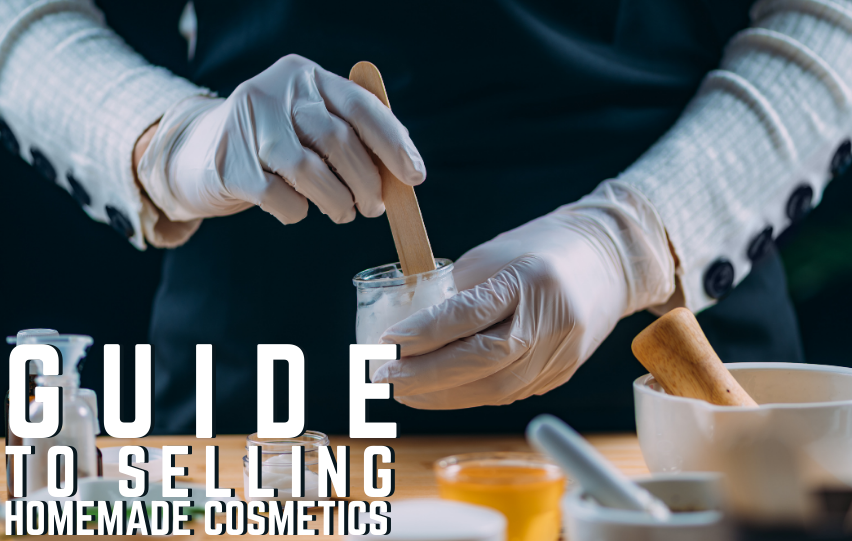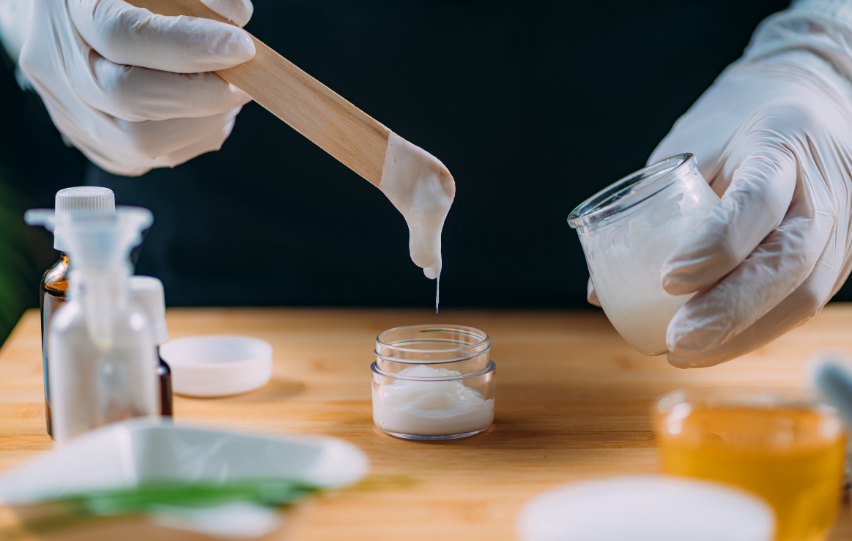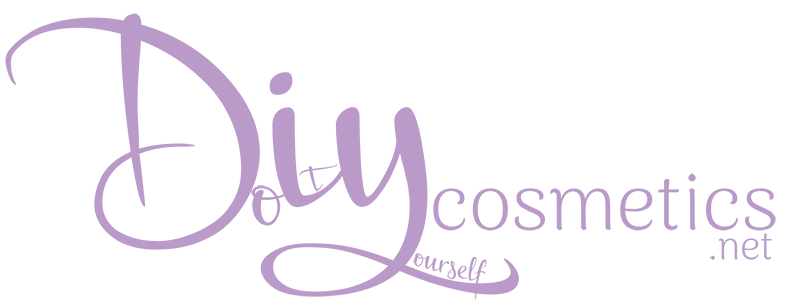Contents
Product safety is a top concern with homemade cosmetics, especially when it comes to selling your products across the United States and overseas. After all, the safety and security of your cosmetics will either make or break your reputation.
If you are interested in selling homemade cosmetics to a larger audience, chances are you’re looking for ways to successfully market your items. One of the ways of doing that is to point out what is beneficial about your products.
You will want to point out how homemade cosmetics are a sustainable and natural alternatives to store-bought items. For small business owners who are trying to make the leap, read on to find out how to sell homemade cosmetics.

Selling Homemade Cosmetics – What You Need to Know
Determine Your Target Market
Choose a niche and market you plan to cater to and concentrate on this area. This way, you can proceed with planning your business well. Identify the cosmetics products you wish to make and your plan to manufacture and sell these.
To do this, make sure to focus on a specific group of customers, such as millennials and their growing affinity and awareness for saving the environment, the middle-aged woman looking to stop or reduce signs of aging, or even teenagers who are dealing with signs of puberty.
Once you have determined your market, it’s time to delve deeper and know your customer’s spending habits, what they’re looking for in products, where they wish to access such products, and many other factors.
Get to Know Your Ingredients
Prior to selling homemade cosmetics to your customers, it’s essential to ensure that you know your products well. One way to do this is through experimenting with different combinations, provided you have done your research on the interactions and effects of these ingredients.
While some colorings, essential oils, or fragrances are geared to enhancing the smell and overall appearance of your products, bear in mind that some of these may pose as allergens. So, before putting your products out on the market, make sure you fully understand the cosmetic composition.
To fully acquaint you with your ingredients, you can start by looking at existing formulas in the market. Most market- and commercially-produced cosmetics already have an ingredient list available online, so you can use this as your jumping point for your own creations.
Besides learning the type of ingredients that fit your target market and the right type of product that fares well with these consumers, ensure that you conduct stability tests that gauge the effectiveness of these products across a variety of skin types.
The type of ingredients you use in your cosmetics can also help you determine your prices later on.
Keep Quality in Mind
Manufacturing these homemade cosmetics does not necessarily mean your items should be below the standards set by the Food and Drug Administration (FDA). If anything, your creations must follow good manufacturing practices. It must be in a safe, secure, and sanitized environment.
While the FDA does not have a list of tests for particular ingredients or cosmetic items, you must continue to uphold such practices in accordance with their checklist. This means having the basic equipment on hand, separate containers and shelves to house your ingredients, and many others.
Quality also depends on the packaging and labeling of your products. Buy a refrigerator to store perishable ingredients. Observing these steps will help prolong the shelf life and will create a more stable and safer product.
Obtain the Necessary Permits and Register Your Business
Lastly, consider getting the necessary permits or approvals, especially on the local level such as your city or state government. This alerts them that you are running operations at home and you can have your place inspected to see if it holds up to the zoning regulations prior to launching your business.

The Bottom Line
To successfully sell homemade cosmetics, keep these tips in mind and you will surely create a lasting impression on your target market.
In no time, you’ll get your business up and running while remaining well-informed on the trends and safety protocols in the industry.
